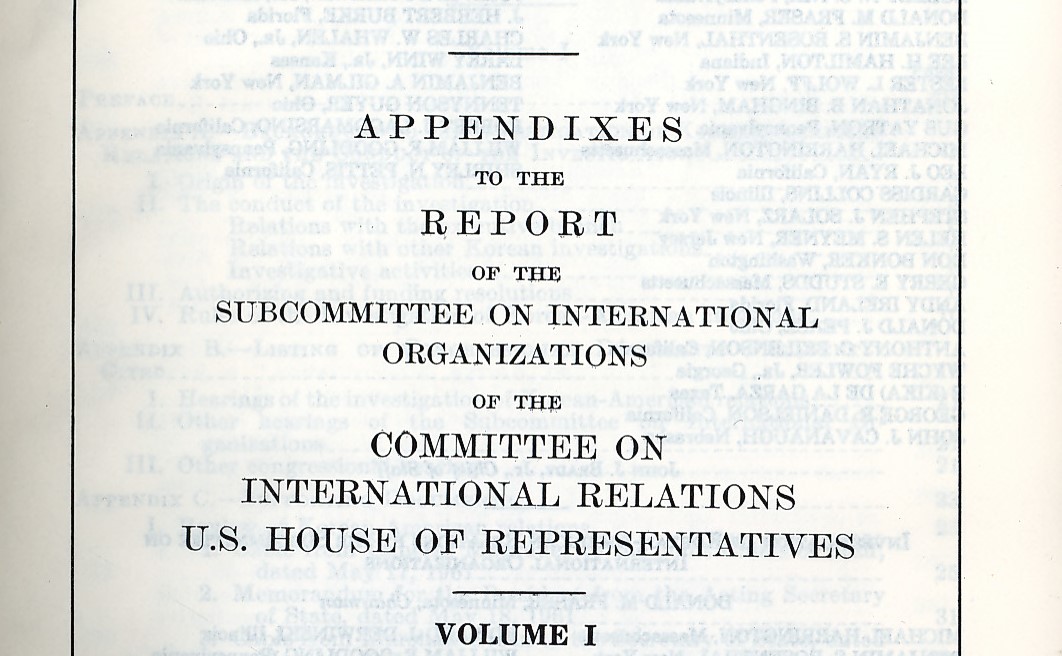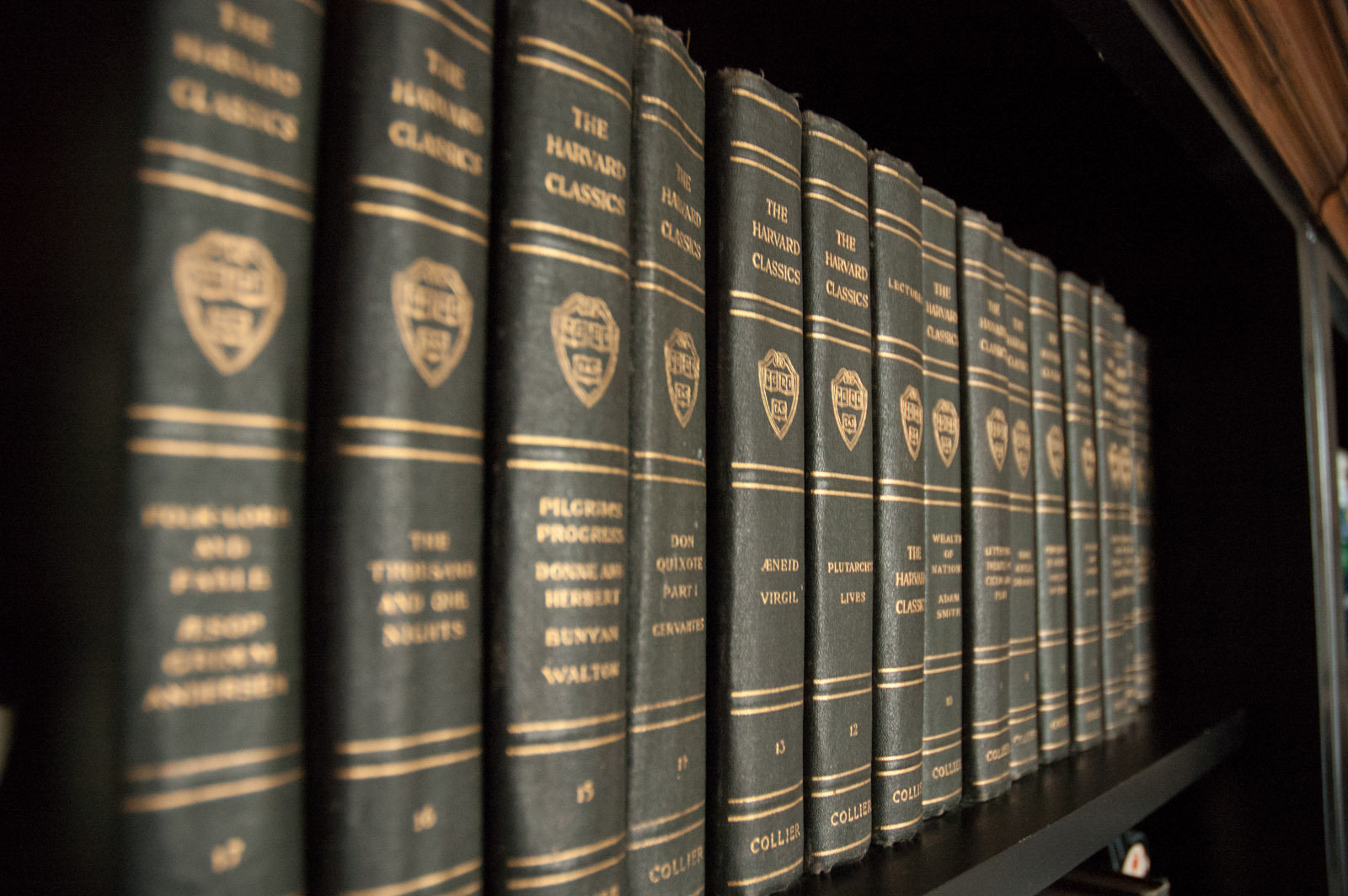The BBC recently released a podcast on the legacy of disgraced former German anesthesiologist Joachim Boldt.
“Retracted” follows the story of Steve Shafer, who, while editor-in-chief of the journal Anesthesia & Analgesia, received several emails from readers saying that one of the articles featured in the journal contained results “too good to be true.” The article in question, penned by Boldt, concerned the effectiveness of a specific type of fluid at boosting blood volume during surgery. According to those who contacted Shafer, the data contained within the article was too consistent to be believed.
So, Shafer investigated, and eventually, after the involvement of the state medical board, the paper was retracted due to a lack of patient consent, no approval by the relevant hospital ethics committee, and no randomization. Alongside the retraction, Shafer published an editorial titled Boldt: The Great Pretender. Later investigations found these issues and additional problems with the absence of patient and laboratory data to support the paper’s findings. To put it bluntly, all the evidence suggested that Boldt made the study up. Because of this, Boldt lost his job.
But this was not the end of the story. As news of Boldt’s fraudulent actions spread, editors at other journals where Boldt had published began to look more closely at his work. Unsurprisingly, it was not just a single article that Boldt had fudged, and as of July 2023, he has had 184 papers retracted. According to Retraction Watch, this makes him the most retracted journal author ever.
It does not end there, though. An investigation by Justus Liebig University Giessen (JLU), where Boldt had held a professorship, recommended that:
In view of these inconsistencies and Dr Boldt’s misconduct in this and many other aspects of scientific integrity, JLU recommends that journal editors retract all papers where Boldt is the responsible author even if there is no obvious indication of falsification.
Not all journals have done this, so you can still find some of Boldt’s work in the literature. But it is a damming indictment when an institution with whom you had held a prestigious position calls for all your work to be sent to editorial oblivion.
You might be wondering, then, how did this happen? How was Boldt able to get away with publishing fabricated data in some of the world’s top medical journals without them noticing? And what does this have to do with philosophy?
The answer to the first two questions is multifaceted and complex. The answer to the third will become apparent.
Good academic publishing works according to a system of peer review. In short, once academics have written their findings, they send their work to a journal. This journal then sends it to reviewers for evaluation. They then provide their recommendations to the journal, which decides whether the article should be published, rejected, or refined. Thus, only work deemed worthy by experts is included in a journal (at least, in theory).
This process, however, is imperfect. It relies on the diligent work of numerous actors to function, and these actors are, like all of us, fallible. Even if four reviewers are assigned to a single article, something can still slip by all of them. So, even in the most conducive of conditions, small mistakes, factual inconsistencies, and, yes, even outright fraud can make it onto the pages of even the top academic journals.
But reviewers don’t work in perfect conditions. They are typically under enormous pressure as they’re (usually) swamped. Their jobs include teaching, researching, writing, administration, public outreach, self-promotion, networking, and more. So, if someone agrees to review a paper, they typically have to try and squeeze it into their schedule. This places time pressure on getting the article reviewed quickly so you can get back to the other things they need to do, and rushing the review of complex research makes it more likely that something will slip through the net.
That is, if journals can find someone to review a paper. After all, it’s voluntary. So many academics decline to review papers as they have other things that need their attention. This places even more heavy lifting on those who agree to review, making a journal’s editorial team’s job even more difficult.
This is not the end of the issue, though.
In academia, there is a saying: publish or perish. This refers to the need for academics to write their findings and get their papers in high-esteem, peer-reviewed journals. Failure to do this typically results in a lack of promotion, an absence of salary raises, and, in the worst cases, the loss of one’s job. So, there is an enormous drive to publish work and a lot of it. Indeed, the more, the better. However, what is increasingly lost as an important metric is the quality of one’s work. After all, it is much easier for promotion boards, grant panels, and the like to look at how many papers someone has published than reading all those papers and getting an idea of what insights are contained within.
It is no wonder some unscrupulous academics, feeling the pressure to meet expectations or the allure of professional excellence, employ less-than-reputable means to get their name and work out there. Diligent research takes time; fraudulent research can be quick. (Just look at the rise of paper mills.)
The question of what drove Boldt towards his fraudulent publications is unknown. Since his outing, he has kept a very low profile. I think one could be forgiven for speculating just a little that maintaining his professional reputation — a reputation built upon his research in using fluids to boost blood volume during surgery — played a role. I would also hazard a guess that he thought he would get away with it, and the pressure under which academic publishing has functioned over the past few decades probably fueled such an assumption.
Nevertheless, this is conjecture.
What the Boldt saga can teach us about philosophical research and publishing is the most important bit. After all, philosophy journals use the same peer-review system as scientific ones and face the same pressures and temptations.
For my part, I think what we can learn from Boldt’s actions, his ability to get published, and the length of time it took for him to be discovered is that the existing publishing model — one which rewards quantity over quality — is damaging to research. This applies to philosophy, too. The more we publish, the more energy it takes to maintain the quality of the body of scholarship.
As professional philosophers, we must challenge the system according to which we receive professional rewards and praise. It is upon us to consider whether we should be publishing as much as we are. And it is our responsibility to assess our work’s unintended, cumulative impact on the broader body of knowledge. For every article we publish, we occupy resources which might be better spent dedicated to reviewing, refining, and promoting someone else’s article.
All this is not to say that academics should never publish. Publishing is how we share knowledge and help shape ideas and innovations. It is important. But by going with the flow, by endlessly publishing because we have been incentivized to do so, we make it easier for those like Boldt to slip through the cracks, and that’s not good for anyone.









